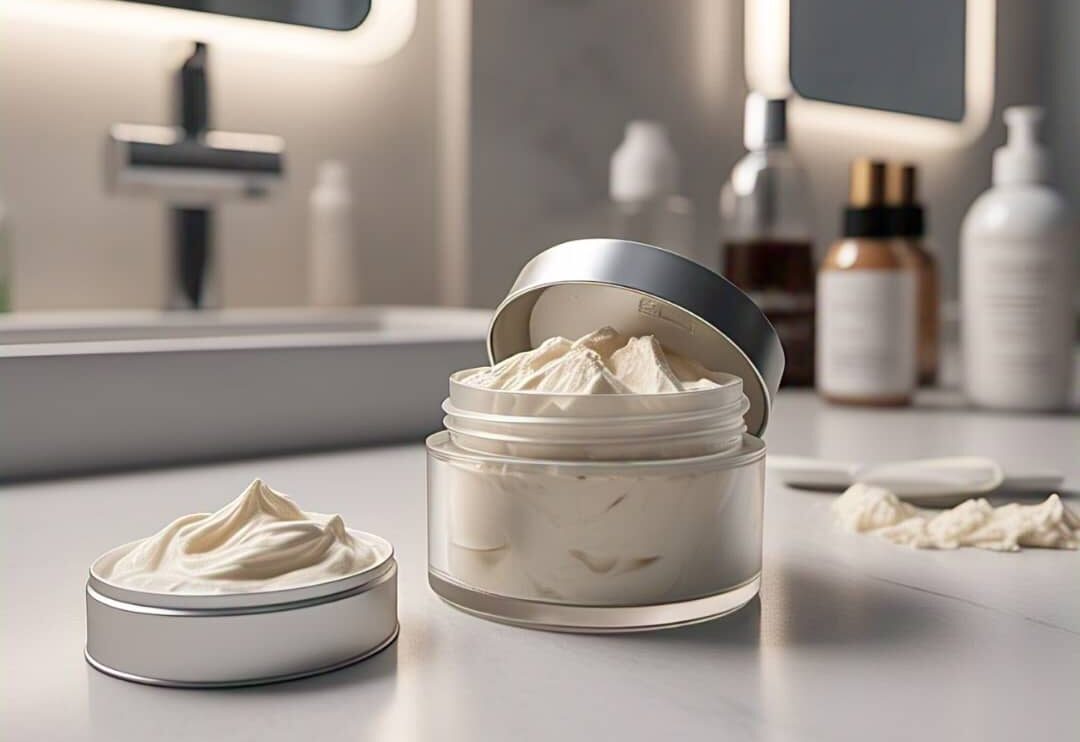Why Hydration is Essential for Healthy Skin
Keeping your skin well-hydrated is crucial for maintaining a glowing, youthful complexion. Dehydration can lead to dryness, flakiness, irritation, and even premature aging. While store-bought skincare products can be effective, many contain preservatives, artificial fragrances, and other chemicals that may not be suitable for all skin types. Fortunately, you can create a nourishing and hydrating face mask using simple, natural ingredients found in your kitchen. Homemade face masks are not only cost-effective but also allow you to control what goes onto your skin, ensuring maximum benefits with minimal risk of irritation. By combining moisturizing, soothing, and nutrient-rich ingredients, you can achieve softer, more supple skin without the need for expensive treatments.
Best Natural Ingredients for Hydrating Face Masks
When making a hydrating face mask at home, it is important to choose ingredients that replenish moisture and lock it into the skin. Some of the best natural ingredients for hydration include:
- Honey: A natural humectant that draws moisture into the skin while offering antibacterial and soothing properties.
- Avocado: Packed with healthy fats, vitamins, and antioxidants, avocado deeply nourishes and repairs dry or damaged skin.
- Yogurt: Contains lactic acid, which gently exfoliates while providing hydration and promoting a smoother complexion.
- Aloe Vera: Known for its soothing and moisturizing effects, aloe vera is ideal for calming irritated or dry skin.
- Oatmeal: Acts as a gentle exfoliant while providing anti-inflammatory and hydrating benefits.
- Banana: Rich in potassium and vitamins, bananas help to lock in moisture and improve skin elasticity.
- Coconut Oil or Olive Oil: These natural oils help to soften the skin and prevent moisture loss.
- Milk or Cream: Contains fats and proteins that nourish and hydrate the skin.
By using one or more of these ingredients, you can create a customized hydrating face mask that suits your skin’s specific needs.
DIY Hydrating Face Mask Recipes
1. Honey and Avocado Hydration Mask
This mask is perfect for deeply moisturizing dry skin while providing essential nutrients.
Ingredients:
- ½ ripe avocado
- 1 tablespoon honey
- 1 teaspoon olive oil (optional for extra hydration)
Instructions:
- Mash the avocado in a bowl until it becomes a smooth paste.
- Add honey and olive oil, then mix well.
- Apply the mixture evenly to clean skin and leave it on for 15-20 minutes.
- Rinse off with lukewarm water and pat your skin dry.
- Follow up with your favorite moisturizer to lock in hydration.
2. Yogurt and Oatmeal Soothing Mask
This mask is ideal for sensitive and dry skin, as it hydrates while gently exfoliating and calming irritation.
Ingredients:
- 2 tablespoons plain yogurt
- 1 tablespoon finely ground oatmeal
- 1 teaspoon honey
Instructions:
- Mix all the ingredients together in a bowl until you get a smooth paste.
- Apply a thick layer to your face and let it sit for 15-20 minutes.
- Rinse off with warm water, gently massaging your skin in circular motions to exfoliate.
- Pat dry and apply a light moisturizer.
3. Aloe Vera and Banana Revitalizing Mask
A perfect mask for restoring moisture and soothing irritated skin, leaving it refreshed and soft.
Ingredients:
- ½ ripe banana
- 1 tablespoon aloe vera gel
- 1 teaspoon coconut oil (optional for extra hydration)
Instructions:
- Mash the banana in a bowl until smooth.
- Add aloe vera gel and coconut oil, mixing until well combined.
- Apply to clean skin and let it sit for 15-20 minutes.
- Rinse off with lukewarm water and follow up with a hydrating serum or moisturizer.
Tips for Getting the Most Out of Your Homemade Face Mask
To ensure that your hydrating face mask delivers the best results, follow these essential tips:
- Start with a clean face: Cleansing your skin before applying the mask allows better absorption of nutrients.
- Use fresh ingredients: Fresh fruits, yogurt, and other natural ingredients provide maximum benefits and avoid potential irritation from preservatives.
- Perform a patch test: If you have sensitive skin, test a small amount of the mask on your wrist before applying it to your face.
- Don’t leave the mask on for too long: 15-20 minutes is usually enough; leaving it on longer may cause some ingredients to dry out on the skin.
- Follow up with a moisturizer: After rinsing off the mask, apply a moisturizer to lock in hydration and prevent moisture loss.
- Use 1-2 times per week: Overusing masks, even hydrating ones, can disrupt the skin’s natural balance.
Conclusion
Making your own hydrating face mask at home is a simple and effective way to nourish your skin without relying on store-bought products filled with synthetic ingredients. By using natural ingredients like honey, avocado, yogurt, and aloe vera, you can restore moisture, soothe irritation, and maintain a healthy, radiant complexion. These DIY masks are easy to prepare, budget-friendly, and customizable to your skin’s needs. Incorporate them into your weekly skincare routine, and enjoy the benefits of soft, hydrated, and glowing skin!





